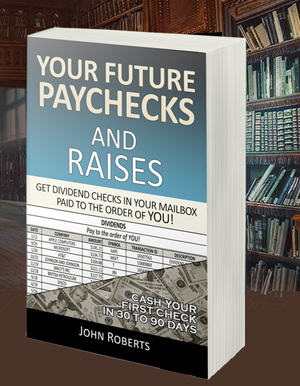High Frequency Trading – Cheating At The Auction
When you go to an auction, you have every right to expect the bidding to be fair. That is to say that you think you have an equal chance to place a bid just as all the other bidders do.
And it seems reasonable to expect that all bids are sincere bids, i.e. when someone, or you, places a bid, that means that you really mean it, that you will back it up with a purchase if you are the last bidder.
Now imagine that you went to an auction and you noticed that the auctioneer seemed to constantly recognize some people’s bids first. And later on you found out they had paid the auctioneer on the side to recognize them first. And you also found out that many times they were making test bids — bids they really didn’t mean to back up with a purchase, just to see if others were willing to bid even higher. Then they would withdraw their bids.
That wouldn’t seem like a very fair auction, would it?
Well, this is essentially what is going on with high frequency trading in the stock markets today. Companies are paying the exchanges for the privilege of locating their computers (servers) very near the exchanges servers so that they can get their bids in sooner.
And they have set up their automated bidding programs to throw out fake bids — bids they don’t intend to honor, in order to see if the market will really go up. Then, based on this ill-gotten information, they may place real orders that they feel quite sure will be profitable.
There’s a word for this. It’s called cheating.
It’s not illegal – which is odd. Where is Congress when you need them? And the SEC knows about it too. Also odd, since they aren’t doing anything about it.
It makes you wonder where the adults are these days. Because they certainly don’t seem to be around in the exchanges, Congress and at the Securities and Exchange commission.
To you health and prosperity – John



